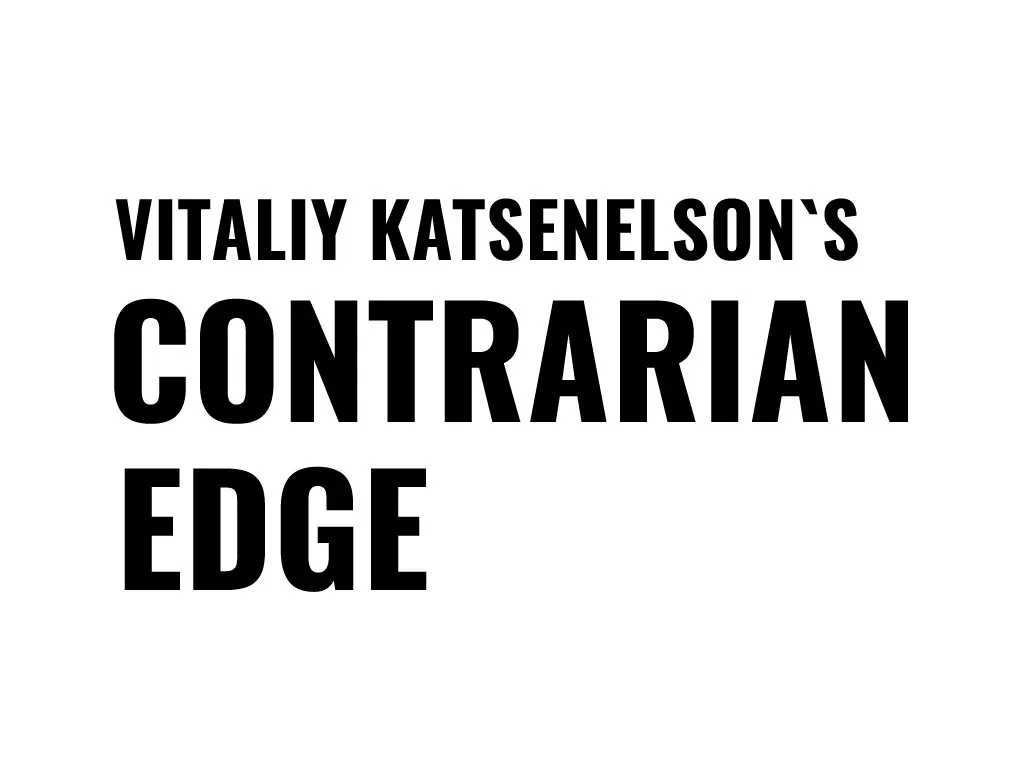September 23, 2004 – TheStreet.com: Street Insight
- The premium valuation multiple that the healthcare industry commanded in the past is in the past.
Last week I was teaching a Practical Equity Analysis class and describing the concept of channel stuffing to my students. As an example, I brought up the large pharmaceutical and drug distributors industries. After describing what happened in the not-too-distant past in those industries, I came to a shocking realization: The drug distributor industry structure was created solely to satisfy pharmaceutical companies’ need to produce smooth, ruler-like growth in revenues and earnings. In other words, an industry that has generated more than a hundred billion in sales was largely shaped by the pressure of large pharmaceutical companies to meet or beat Wall Street quarterly estimates.
For a long time, pharmaceutical companies have commanded a premium valuation to the market for several reasons: pristine balance sheets, unbelievably high return on investment, predictability and sustainability of earnings growth and last but not least, very favorable demographic trends guaranteeing sustainable, ever-increasing demand for their products. Though return on investment is likely to remain high, it is likely to contract going forward due to increased competition from within the industry and from generics. Balance sheets are likely to still be better than average, but earnings predictability is likely to decline due companies’ inability to utilize channel stuffing.
The tsunami of aging baby boomers who are supersizing Big Macs while on Lipitor will be emptying the drug shelves at a pharmacy near you for years to come. Political risks that seemed remote are becoming real with every passing day, as the importance and affordability of healthcare is becoming a larger political issue with every election. Though we don’t believe the U.S. healthcare system will suffer the fate of the Canadian less-than-functional healthcare system, the threat of drug re-importation and a larger role of Medicare and Medicaid will likely curb some of the inflation that was a big driver of industry growth in the past.
Due to increased uncertainty and higher volatility, the premium valuation multiple that the healthcare industry commanded in the past is in the past. Relative valuation models should be thrown out the window and absolute valuation models that utilize a higher risk factor (discount rate) should be used in valuing pharmaceutical companies.
Vitaliy N. Katsenelson, CFA
Copyright TheStreet.com 2004









0 comments